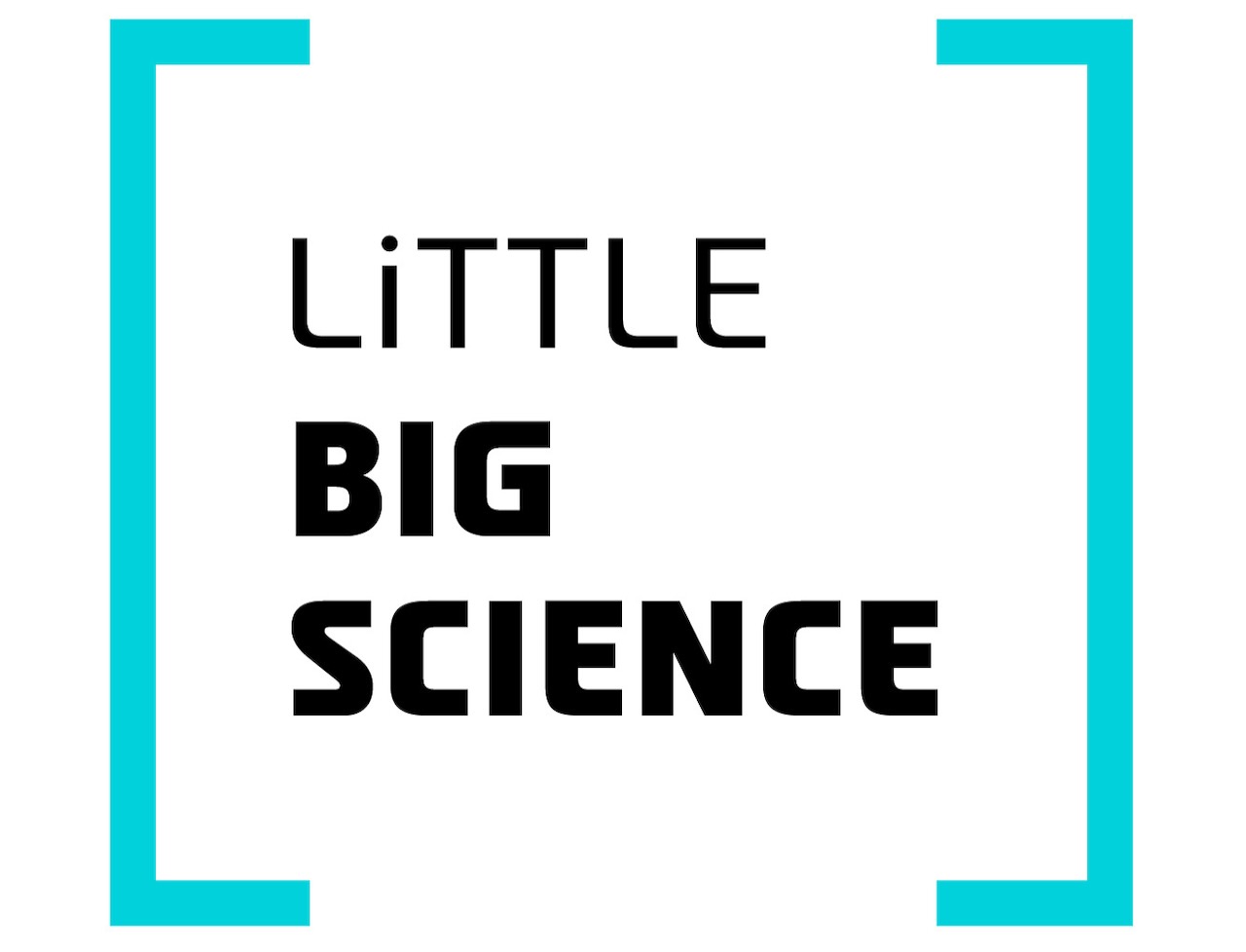
The U.S. Secretary of Health and Human Services (HHS), Robert Kennedey Jr. and President Donald Trump came out with a dramatic statement on September 22nd: “Evidence suggests acetaminophen use in pregnant women, especially late in pregnancy, may cause long-term neurological effects in their children” [1]. Expectedly, the statement immediately sparked a turmoil of fear and concern in the public and in the media. But, does acetaminophen, sold under the brand name Tylenol in the US, really cause autism? The short answer is that there is no evidence supporting a causal link between acetaminophen use during pregnancy and autism. To be extra cautious, we will say that there are studies have demonstrated that chronic use, at high doses is weakly correlated with neurological disorders, but do not indicate a causal link.
Advertisement
Autism is an umbrella term for neurodevelopmental conditions that manifest, among other things, as difficulties in communication and social interaction. The diagnostic criteria for autism and other forms of neurodiversity have recently changed and broadened. The sharp rise in diagnoses over recent decades has led the general public, the scientific and medical communities, and even the U.S. government to look for explanations for the development of autism. Yet there is no simple answer. Although extensive research exists, the causes and risk factors for autism remain unclear, and today we understand autism as a complex syndrome that likely arises from a combination of genetic factors, environmental influences, and parental age [2].
The current controversy concerns a possible link between autism and the use of acetaminophen during pregnancy. It is causing concern partly because acetaminophen (aka paracetamol) is the analgesic and antipyretic of choice for pregnant women [3]. What do the studies say? Most investigations into the connection between acetaminophen and autism have found no association or only a weak correlation between them. To date, no causal link has been demonstrated (for more on the difference between correlation and causation [4]).
Most studies on acetaminophen use in pregnancy and autism are of low quality. In general, conducting such research is challenging because it is very difficult to disentangle the many variables that can distort results or lead to misinterpretation—phenomena known in science as research biases. For example, no studies have continuously collected objective biological measures throughout pregnancy, such as blood levels of acetaminophen metabolites. One study attempted to measure fetal biomarkers of exposure using umbilical-cord blood samples, but those samples only reflect exposure near birth, after the critical stages of brain development have concluded [5].
Other hallmarks of flawed studies include reliance on self-report rather than direct measurement—participants are asked to fill out questionnaires about their medication habits. Difficulty ןמ tracking actual consumption also introduces bias, because acetaminophen is sold over the counter and reliable documentation of its use is scarce. Another possible source of bias is that pregnant women who take paracetamol frequently may already be in poorer health, and the risk of neurodevelopmental problems in the fetus could stem from the mother’s other medical conditions. It is important to note that high fever itself, one of the most common reasons for taking acetaminophen during pregnancy, is a proven risk factor for fetal malformations, including in the brain, or defects in other organ systems, and even miscarriage [6-8].
Trump’s and Kennedy’s statement is based on a recently published systematic review [9-11]. The review analyzed 46 studies: 27 reported a correlation between prenatal acetaminophen exposure and various neurodevelopmental problems, four found no association, and nine showed that acetaminophen use was actually linked to fewer neurodevelopmental issues. Summarizing the findings, the authors noted a possible weak correlation between acetaminophen use and neurodevelopmental risk, but no proof of causation. They “recommend judicious acetaminophen use—lowest effective dose, shortest duration—under medical guidance, tailored to individual risk–benefit assessments, rather than a broad limitation." Their conclusions match a 2021 consensus statement calling for prudent and cautious use of acetaminophen during pregnancy, as is customary for many other drugs [12].
As noted, research biases can lead to misinterpretation. A large 2014 study that tried to control for such biases included about 2.5 million births and relied on midwives’ interviews with mothers and pharmacy records of over the counter and prescription medications used. It found that prenatal acetaminophen use increased the risk of autism and ADHD by a negligible 0.09%. However, when the researchers compared siblings born to the same mother, no association was found between acetaminophen use and elevated autism risk. Because siblings share similar genetics and environment, the absence of a link weakens the hypothesis that acetaminophen is related to autism and strengthens the view that the observed correlation is explained by research bias [13]. Another large Japanese study of more than 200,000 children that also compared siblings found no association between acetaminophen use and autism [14].
What can we conclude? So far, no study has demonstrated a causal link between fetal exposure to acetaminophen and neurodevelopmental disorders, although some research does show a correlation [15-17]. In response to the statement by Kennedy and Trump, which caused widespread public concern, leading medical organizations said there is no justification to change current recommendations for pregnant women: take acetaminophen only when needed, at low doses, for short periods, and after consulting a physician. The American Colleges of Obstetricians and Gynecologists [18] and the American Psychiatric Association [19] published such statements, as did the health authorities in the United Kingdom [20], and the European Union [21].
As a precaution, despite the weak evidence, the U.S. Food and Drug Administration (FDA) has updated the package inserts of acetaminophen-containing medicines to add a note about the possible risk of giving birth to infants with neurological disorder when mothers take acetaminophen during pregnancy, especially with prolonged use. The same document reminds physicians that the observed link is only correlational and advises limiting acetaminophen when there is insufficient justification for treatment. Nevertheless, it reiterates that acetaminophen is considered the safest drug available for reducing fever and relieving pain during pregnancy [22].
Although the White House statement may cause considerable anxiety among current and prospective parents—and there are indeed studies showing a correlation—there is still no evidence of a causal relationship between prenatal acetaminophen use and autism, and no leading medical body is calling for discontinuation of the drug. Excessive alarm and misinterpretation of the data might lead pregnant women to avoid needed medication for pain or fever. High-quality studies that address the various research biases should be encouraged, and findings must be interpreted cautiously, responsibly, and transparently. Medications should always be used judiciously and under professional guidance, even when they are over the counter, and all the more so during pregnancy. For advice and information on risks in pregnancy and breastfeeding, you can consult your local teratology information service [e.g., 23], as well as your pharmacist or physician.
Hebrew editing: Galia Halevy-Sadeh
English editing: Elee Shimshoni
References:
- White House statement on a link between paracetamol and autism
- Autism Spectrum Disorder, NIH
- Tylenol (acetaminophen ), Cleveland Clinic
- Our article on the difference between correlation and causation
- Association between umbilical-cord paracetamol levels and autism
- Fever and congenital heart defects
- Fever and risk of impaired brain development
- High fever and risk to fetal brain development
- The systematic review
- Article about the review, Harvard University
- Article on the systematic review, Mount Sinai Hospital
- 2021 consensus statement on cautious paracetamol use during pregnancy
- Sibling-comparison study
- The Japanese study
- Article explaining the weaknesses of the systematic review
- Nature’s response
- Topic summary, Yale University
- Statement by the American College of Obstetricians and Gynecologists
- Official statement by the American Psychiatric Association
- UK Department of Health statement
- European Union statement
- FDA response to the White House statement
- European Network of Teratology Information Services








